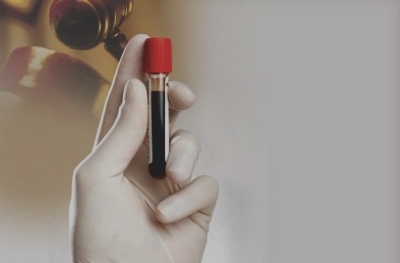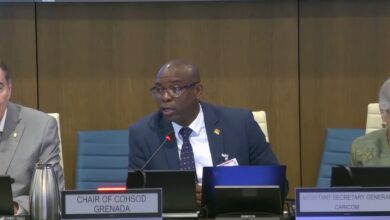CASTRIES, St Lucia (CMC) – Caribbean countries were on Wednesday expressing concerns over a new strain of HIV virus that has been identified by Cuban scientists.
The Ministry of Health here said that research indicates that this strain CRF19CPX develops much faster into full blown AIDS than previous strains of the virus, a statement from the Ministry said Wednesday.
“Though funding for HIV has reduced globally, the Ministry of Health, Wellness, Human Services and Gender Relations has continued to keep the citizenry informed of the developments in HIV/AIDS,” said Dr Alisha Eugene, Senior Medical Officer for Infectious Diseases.
She explained the difference between this new strain of HIV and previous strains.
“It can make you move from a state of being HIV negative, you get infected you can get full blown AIDS in less than three years, which is a bit different from the other strains we have in that it would take about 10 years to move from one phase to the next.”
The senior medical official said that the best way to fight HIV is the age old prescription to abstain, condomize or be faithful to one partner.
“In that way if you are HIV negative there is less possibility of you getting HIV and if you are already HIV positive and you do the necessaries as I have mentioned then there is less possibility of mutating.”
Dr. Eugene explained that if someone who is HIV positive has intercourse with another HIV positive individual there could be what is termed cross strains creating a mutation of the virus that could be very potent and virulent.
“This is what is happening now with the new strain which is CRF19CPX. So we are encouraging everyone whether you are HIV negative or HIV positive to use condoms, to abstain, stay faithful to one partner.”
Meanwhile in Dominica, the head of the HIV/AIDS Coordinating Unit, Julie Frampton has warned citizens to make the right choices regarding their sexual and reproductive health in light of the new report on the HIV virus.
“Of course we are concerned from an economic standpoint; do we have the money to treat persons with new strains of HIV, can the treatment we have now work,” said Frampton, noting that the new strain of the virus reported in Cuba sends a message that “you have to be responsible for your sexual and reproductive health; nobody can do that for you, always use a condom all the time, every time, on time”.
Dominica last year recorded 14 new HIV cases and Frampton the issue is already having an impact on the Ministry of Health as infected patients are provided with antiretroviral drugs at no cost them.
“So there is nothing you can do about it because you cannot tell people they cannot have sex, that’s why our message has always been be smart, be selfish, make the smart choice,” she noted.






